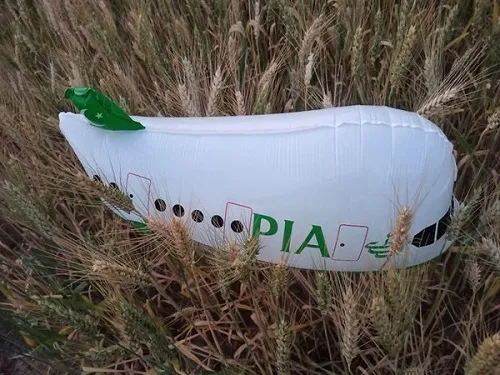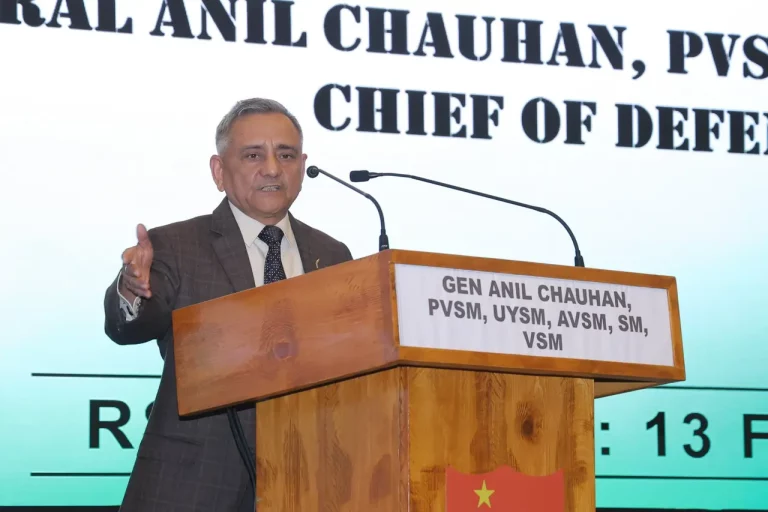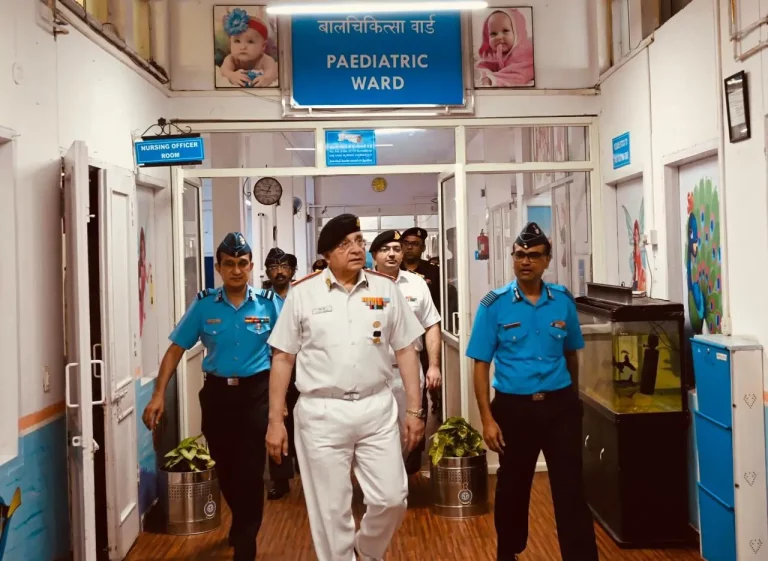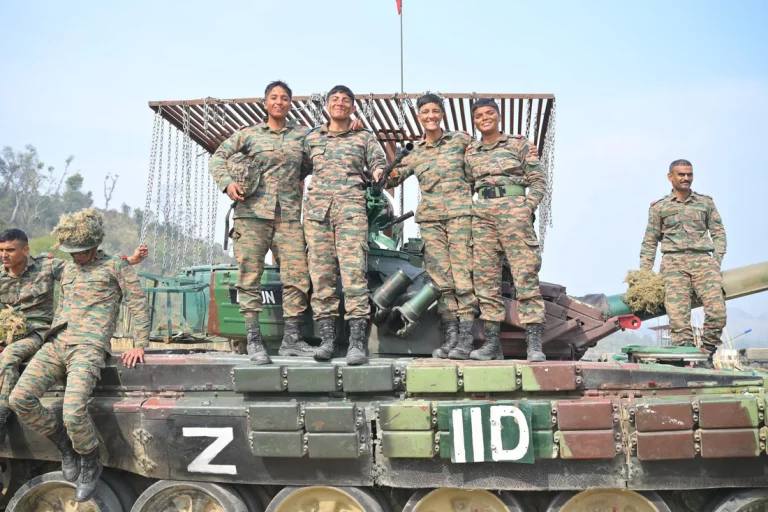In a historic event that highlights the evolving cultural landscape of India, President Droupadi Murmu made a significant visit to the Sabarimala Ayyappa Temple in Kerala, becoming the first woman head of state to do so. This visit forms part of her four-day official tour of the state and serves as both a personal expression of devotion and a milestone in the temple’s longstanding traditions, which have typically been associated with male pilgrims.
President Murmu arrived in Thiruvananthapuram on Tuesday evening, where she was warmly welcomed with a ceremonial reception that included Kerala Governor Rajendra Vishwanath Arlekar, Chief Minister Pinarayi Vijayan, Union Minister George Kurian, and other dignitaries. Early Wednesday morning, she commenced her journey via helicopter, heading first to Nilakkal and then to Pampa, the base station for the Sabarimala pilgrimage. A minor logistical hiccup occurred when her aircraft landed at the Pramadam helipad, becoming slightly embedded in wet concrete. However, quick action by local police and fire department personnel ensured that her schedule remained unaffected.
Upon reaching the temple grounds, President Murmu engaged in the sacred rituals associated with the pilgrimage, participating in the traditional tying of the Irumudi—a ceremonial bundle prepared by pilgrims—at the Pampa Ganapathi Temple under the guidance of temple priests. Afterward, she ascended the 18 holy steps to the Sannidhanam shrine in an off-road vehicle, where she was greeted by Kerala Devaswom Minister V. N. Vasavan and Travancore Devaswom Board (TDB) President P. S. Prasanth. The President spent approximately two hours at the temple, where she offered prayers to Lord Ayyappa and also visited the Malikapuram Temple, dedicated to the goddess. During her visit, access for other devotees was temporarily limited to maintain security protocols.
This occasion marks only the second time that a sitting Indian President has visited Sabarimala, with the previous visit being made by former President V. V. Giri in the 1970s. President Murmu’s presence as a woman signifies a transformative moment for the temple, reflecting the broader societal shifts towards inclusivity at this revered site, which annually attracts millions of pilgrims through a stringent 41-day vow of abstinence, vegetarianism, and prayer. TDB officials highlighted that the visit was executed smoothly under strict security measures, ensuring that the spiritual essence of the temple remained preserved while accommodating dignitaries.
Following her prayers, President Murmu enjoyed a brief luncheon at the Sabarimala guesthouse before returning to Thiruvananthapuram by mid-afternoon. Her remaining itinerary for the tour includes the unveiling of a statue honoring former President K. R. Narayanan at Raj Bhavan, visits to the Sivagiri Mutt, and participation in the platinum jubilee celebrations of St. Thomas College in Pala, along with centenary events at St. Teresa’s College in Ernakulam. The tour is set to conclude on Friday with her departure from Kochi.
President Murmu’s visit to Sabarimala underscores the unifying role that faith plays in India’s diverse democratic fabric, blending ceremonial duties with personal spirituality. As the nation’s first woman President from a tribal background, her presence at this iconic location stands as a powerful testament to progress and deep respect for tradition.







